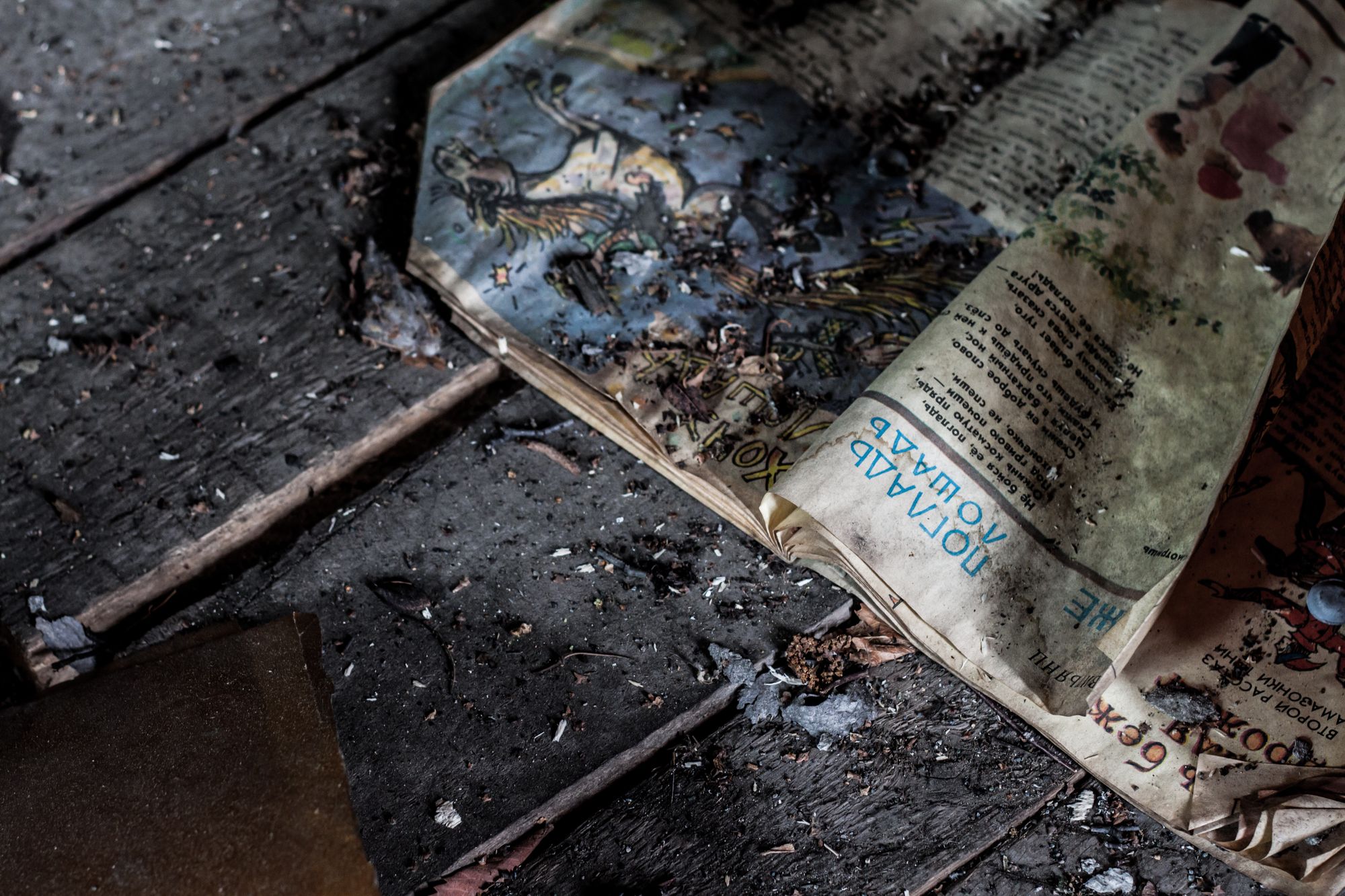Essentials
Podcasting Essentials
Related articles:
New podcasters often launch their show with a deep backlog of episode ideas they’ve been sitting on for a long time. But when a podcast starts releasing episodes on a regular basis and burning through those ideas, what comes next? It is at this point that many podcasts hosts experience a bit of burnout. Burnout takes a toll on our creative and personal life, so it’s important to get ahead of those feelings before they start to set in.
How do you put an end to burnout? Lots of brainstorming and staying in touch with the latest news and culture will keep your mind full of great episode ideas. Let’s dive into some of the ways you can keep up with the demands of your show and source great episode content.
Show Type Matters
When sourcing content for your show, it’s important to think about how your format influences the types of content that will and won’t work for you. Hosts of interview shows should approach content sourcing differently than hosts of solo shows. If you host an interview show, your top priority in sourcing content is to find a topic and angle of discussion that suits your interviewee–or an interesting interview subject!
Avoid Self-Indulgence
It goes without saying that fans of your podcast love you and think you’re the greatest person in the world. Take a bow and watch out for all the roses being thrown onto the stage. However, don’t assume that your fans will love something just because you love it. As much as you may want to produce and publish an episode about knitting, if your podcast covers basketball... maybe choose a different topic?
“If your topic is about a certain thing, you have to stay within that wheelhouse," says Mike Murphy, product support specialist at Simplecast. “You can’t jump around just because you like to learn about everything.”
Think Quality Over Sponsorship
If you’ve been growing your show with an eye toward securing sponsors for your episodes, don’t build your show's content around potential sponsors ("Today we're rating meal kits! Next week we're reviewing mattresses!"). Instead, the best way to court sponsors is to attract a loyal listenership through quality, focused content. Once that listenership gets behind you, sponsors will take notice. Don’t lose sight of your creative vision, because listeners connect to passionate and well-crafted storytelling!
Script Your Content In Advance If Necessary
To script or not to script–that is the question all podcasters must confront at one point or another. Murphy notes that there are two distinct camps on the issue of podcast scripting. Some think it makes hosts sound stilted and unnatural, while others believe it adds more polish and organization to your presentation.
The decision on whether or not to write scripts for episodes of your podcast ultimately comes down to whatever creative process you’re most comfortable with. Murphy prefers to write his scripts in the same style that he speaks, talking aloud as he types. If he were to write his scripts as if he were writing an article, they might have a more formal, less conversational tone that could sound out of place on a podcast.
Consider the Pacing of Your Content
Oftentimes, in the process of recording an episode, you may discover that the content you planned to present in a single episode actually would have been better served if you’d broken it up into two, three, or even more episodes. To avoid making this unpleasant discovery too late in the process, spend some time sketching out your content and really thinking critically about how to present it in the best way possible. This will prevent you from burning through material too fast or creating overstuffed, overlong episodes that listeners won’t finish.
Be sure to keep these content-sourcing tips in mind as you produce your podcast. Creative minds can fashion great content out of anything as long as they stay focused and put in the hard work!
So you're all good on sourcing content–have you thought about your podcast hosting? We're here for you if you've got questions! In the meantime, learn more about how to reuse your old content, when you should be publishing your episodes, and classes to take if you get stuck.

